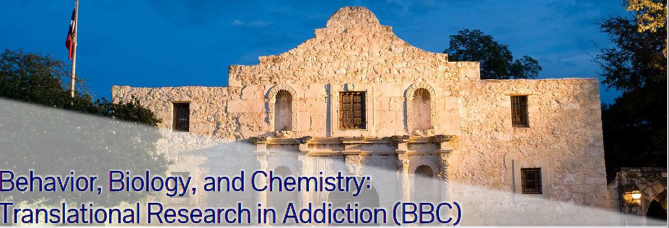
About Event
This two-day virtual conference focuses on translational aspects of addiction research among chemists, biologists, and behavioral scientists. The diversity of participants and attendees at this meeting (undergraduate students to senior faculty, chemists to psychiatrists) provides a unique venue for networking among different disciplines and in so doing promotes new and innovative approaches to medications development in addictions biology. The meeting provides a stimulating environment for young scientists who are strongly encouraged to present their work and interact with senior scientists. The BBC meeting has served as a “launch pad” for many young, innovative investigators to join the ever-growing world of SUD research.
2014 Featured Speakers
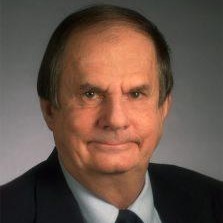
Kenner C Rice, PhDNIDA/NIH Topic: Medicinal chemistry in opioid research at NIH. Looking Back |
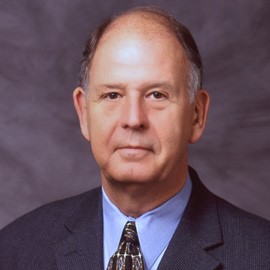 James Barrett, PhDDrexel University College of Medicine Topic: Pharmacological plasticity: Black swans, tipping points and creative destruction |
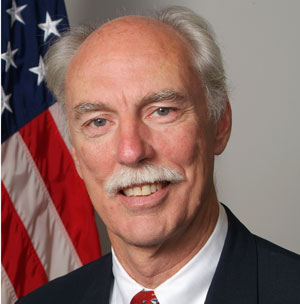 A Thomas McLellan, PhDUniversity of Pennsylvania Topic: What it really means to treat addiction as a chronic illness: Implications for treatment, evaluation, insurance and policy |
Plenary Symposium
Non-classical pharmacology of the dopamine transporter and addiction
The dopamine transporter is the main target for addictive drugs in the psychostimulant class, and therefore a logical target for the search for medicines to treat stimulant addiction. The earliest research on discovery of such treatments focused on the possibility of a compound that blocked cocaine but allowed dopamine uptake. As the potential for finding such a compound appeared to vanish, new evidence suggested novel drug actions and interactions, with the dopamine transporter having a dynamic role, and new opportunities for anti-addictive effects, increasing interest in a host of new DAT compounds. This symposium will cover the pharmacology, chemistry, and behavioral activity of nonclassical DAT modulators including partial inhibitors and releasers, and atypical DAT blockers with a preference for the inward-facing conformation of the DAT. One such compound in the latter group is already on the market: modafinil – this compound will be discussed from both basic and human clinical perspectives.
Symposium Speakers
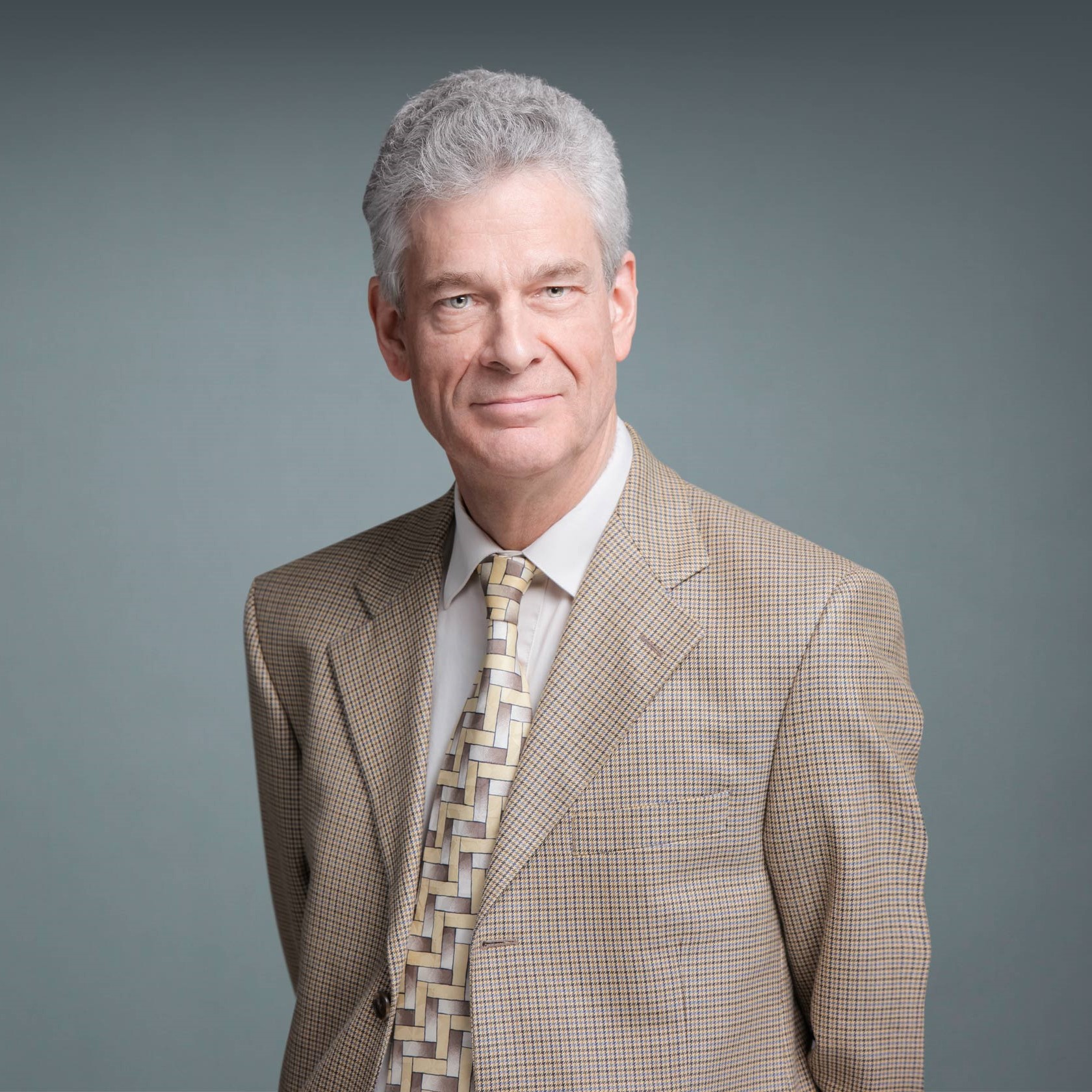 |
Maarten Reith, PhDNew York University |
How non-classical can interaction be between DAT and novel lead compounds for addiction treatment? |
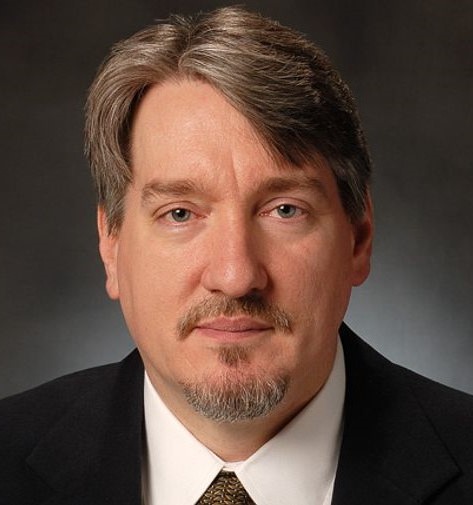 |
Bruce E Blough, PhDRTI International |
Dopamine partial releasers: therapeutic potential at the boundary of uptake inhibition and translocation |
 |
Jonathan L Katz, PhDNIDA/NIH |
Atypical dopamine uptake inhibitors and pharmacological class warfare |
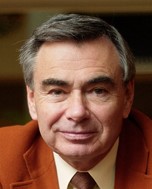 |
Charles O'Brien, MD, PhDUniversity of Pennsylvania/VAMC |
Effects of modafinil in patients with cocaine use disorder |